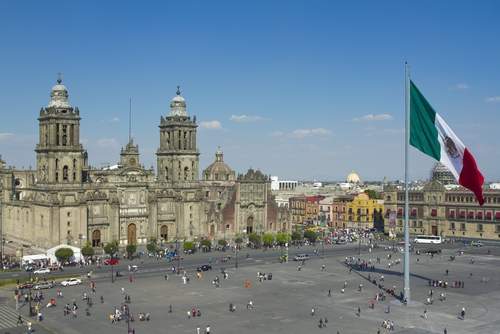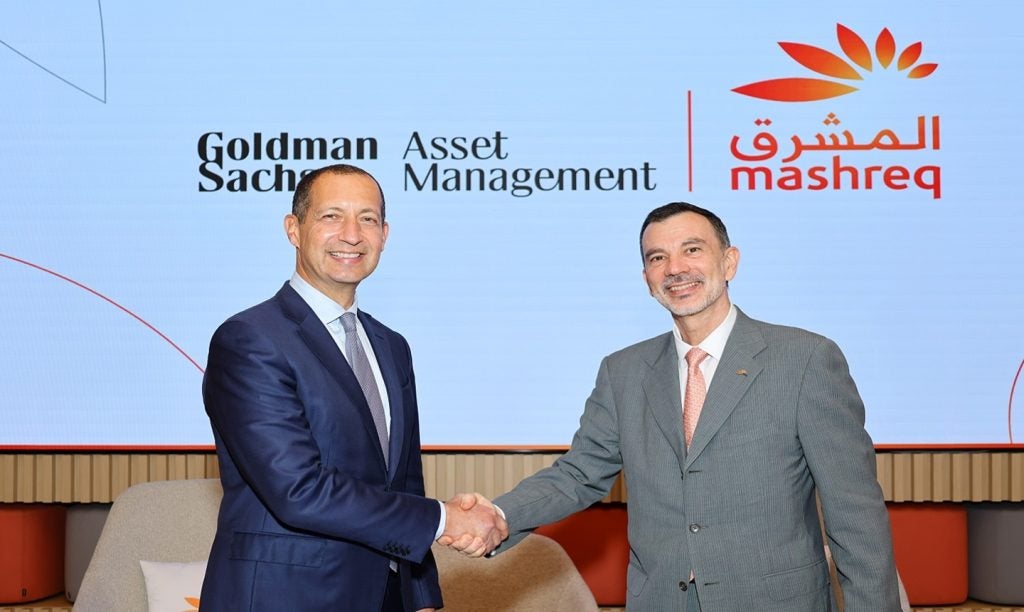
Ahead of Mexico’s presidential election in July this year, experts give their view on the outlook for Mexico’s private banking and wealth management sector. Robin Arnfield writes
Will Trout, head of wealth management research at Celent, explains that Mexico’s private banking market is highly fragmented with several large foreign banks, along with a few local banks/brokers which are mostly mid-size or small.
Trout says: “Proximity to the US makes it attractive for foreign players like BBVA, Santander, Citibanamex, and HSBC. Unlike in Brazil, where HSBC sold its retail franchise to Bradesco, HSBC appears committed to Mexico and is growing its market share. BBVA Bancomer and Santander control roughly 50% of the private banking market, which consists of 50 banks over all.
“From a regulatory standpoint, the Federal Economic Competition Commission (Comisión Federal de Competencia Económica/COFECE) continues to inject greater transparency and competition into the market.”
Víctor Piña Piñero, BBVA Bancomer’s Investment Strategies Director, says: “Mexican UHNWIs demand products that are competitive with international peers, including providing best-in-class alternatives/open architecture. Also, the number of family offices is growing rapidly in Mexico.”
Antonio Díaz Bonnet, private banking director at Compass Group México, says that apart from the risk of Trump cancelling NAFTA, the country faces political uncertainty with the 2018 Mexican Presidential election.
“Nevertheless, we feel that our stock market and currency are undervalued, and that, after the election, our political stability will recover and there’ll be a better economic outlook in the second half of 2018.”
According to Díaz Bonnet, typically, Mexican HNWIs have 45% of their assets onshore and 55% offshore.
Díaz Bonnet adds: “The Mexican government’s 2017 tax amnesty involved an 8% one-time tax charge for wealth repatriated to Mexico in return for keeping the money in Mexico for four years. So Mexico received US$22bn in repatriated wealth.”
Beatriz Sanchez, head of Latin America and member of the Executive Board of Bank Julius Baer explains that Julius Baer holds a 40% stake in Mexican financial advisory firm NSC Asesores.
“We’re very committed to Mexico and want to continue to expand our interests there,” says Sanchez.
Sanchez explains that the domestic Mexican HNW market is concentrated on the three or four big incumbent banks that hold 75-80% of the wealth in Mexico today.
“There are very strong barriers to entry for banks that want to compete in the domestic market, so some foreign banks have either pulled out or reduced their exposure to Mexico,” says Sanchez
In Sanchez’s view, Mexican capital markets are less sophisticated than Brazil’s, but are becoming more and more sophisticated.
Sanchez notes that Mexico’s independent wealth managers have been growing at 15-20% over the last three years – for example, NSC grew by 20% in the last three years – because wealth in Mexico is broadening and deepening beyond the top 300 families.
“HNWIs are becoming more sophisticated and increasingly looking for domestic and international advice and seeking international wealth managers and advisors, without necessarily having to move their assets. HNWIs and family offices can stay with a Santander or Citibanamex and work with an independent advisor to get a new perspective.”
A Vanguard Group spokesperson tells Private Banker International: “In Mexico we’re seeing a move toward: Greater fee transparency, which we believe is important in helping to ultimately lower investment fees;
“A defined contribution retirement system, which can help ease the burden on pension funds unable to keep up with the needs of an ageing population;
An appetite for investing in securities outside Mexico, which can provide important diversification benefits to investors.”







